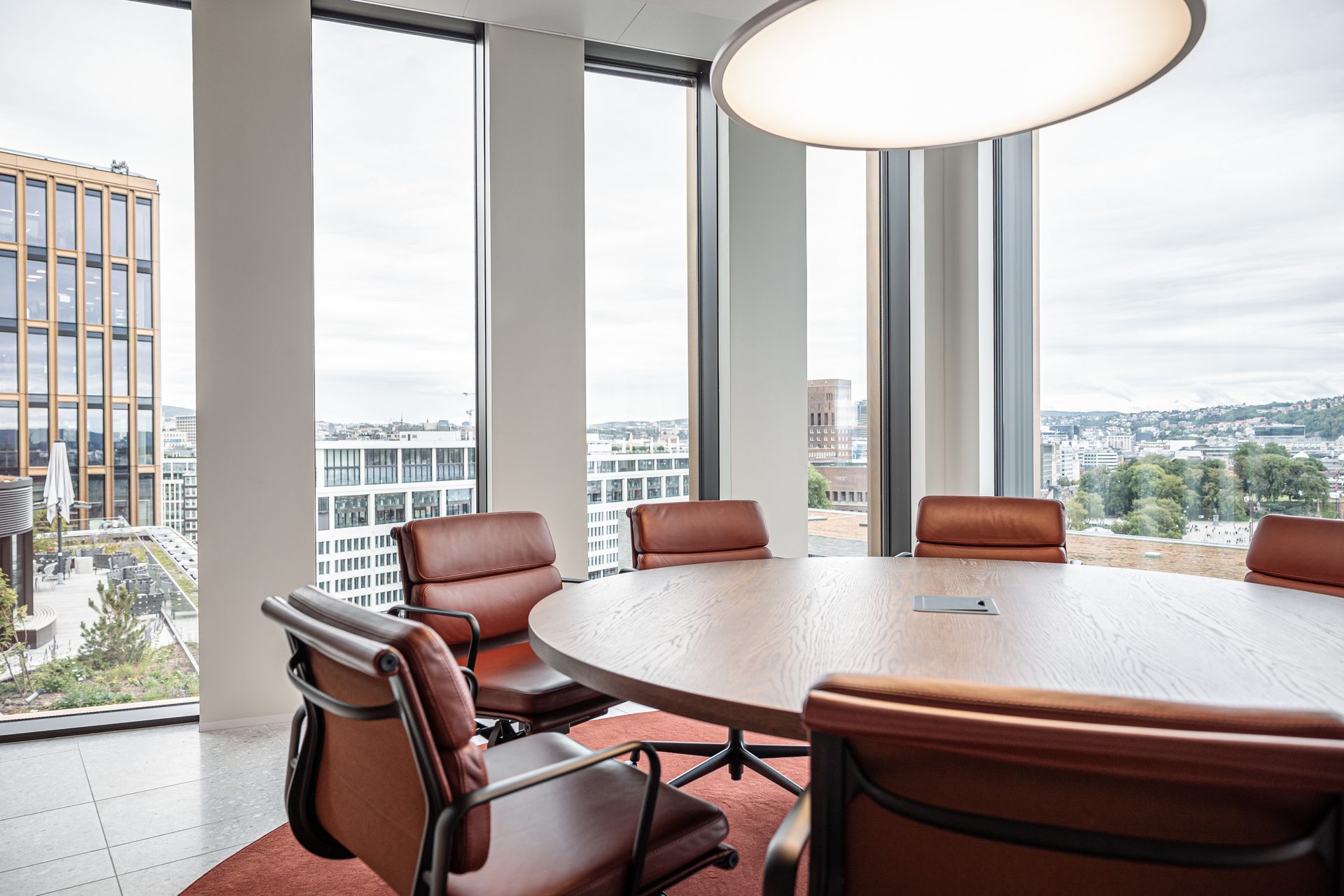
Hotel
After two difficult years in which the pandemic had a dramatic and immediate impact on the market for hotel property, hotel prices are now back at pre-pandemic levels, both in Oslo and in Norway as a whole. Even though occupancy rates were marginally below normal levels during the summer season (Jun–Aug), prices have risen so much that RevPAR is now 18 per cent above the 2019 summer season in the country as a whole and as much as 24 per cent higher in Oslo.
Occupancy and room rates
Hotels targeting holidaymakers came off best through the pandemic. In Norway it was particularly hotels in attractive holiday destinations that came out on top. Regions and segments more dependent on international guests and business travellers found life harder.
Figures from the Benchmarking Alliance (BA) show that budget, luxury and conference hotels in Oslo have returned to similar or higher occupancy rates in spring 2022 compared with spring 2019. In August, hotels in Oslo saw 20 per cent higher RevPAR than in 2019 and twice as high as in 2021, according to BA.
Increase in RevPAR (Norway) summer season 2022 vs. 2019 (Jun-Aug)
8
%
7 Hotel
Transaction market
The pandemic brought the hotel real estate transaction market to a total halt in 2020, both globally and in the Norwegian market. Towards summer 2021, however, we observed a substantial rise in demand from investors. While there has been increased demand for resort and luxury hotels and limited appetite for hotels targeting business and conferences globally, Norway has experienced demand for several different hotel segments, including conference hotels.
So far in 2022 we have only seen five hotel transactions compared with 16 last year. The buyers are exclusively Norwegians, and the majority of them are syndication sponsors. This is in line with the wider trend whereby syndication sponsors consider a broader spectrum of property as they look for returns on their investment.
Increase in average daily rate (Oslo) July 2022 vs. July 2019
28
%
Occupancy per room percent – Oslo vs. Norway
RevPAR – Oslo vs. Norway

Den høye aktivitetsveksten vi har hatt i norsk økonomi inntil nylig har bidratt til et brennhett kontormarked med svært lav arealledighet og uvanlig høy leieprisvekst. Selv om etterspørselen etter kontorareal skulle kjøle seg ned framover, antar vi at arealledigheten vil bli holdt nede av historisk lav tilførsel av nytt areal. Sammen med høy vekst i KPI, venter vi at lav arealledighet vil bidra til å støtte oppunder veksten i kontorleie til neste år.